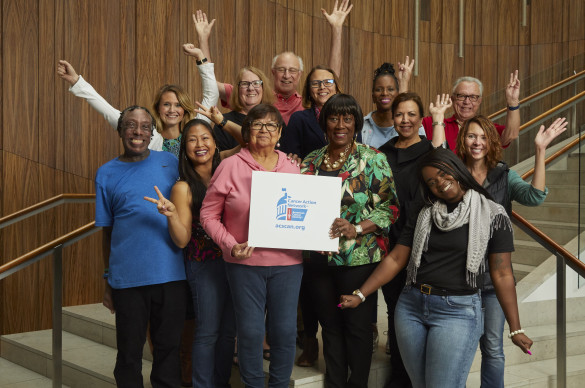A number of stories in the news media this week may have caused you to question what you know about the American Cancer Society’s position on cancer screening. I would like to personally assure you that our position has not changed – the American Cancer Society recommends screening when the evidence shows it is beneficial.
We know that screening saves lives and helps us create a world with more birthdays. Screening has been shown to reduce deaths from colorectal, breast, and cervical cancers. Screening women 40 and over with mammography has contributed to steady declines in the breast cancer death rate since 1990
. Early detection of colorectal cancer and polyps in men and women 50 and older has helped lead to declines in incidence and deaths from this cancer. Use of the Pap test in adult women has led to dramatic drops in cervical cancer deaths in the US; in many countries where Pap tests are not available, cervical cancer is the major cause of cancer deaths in women. Arguments against screening often focus on the harms experienced by individuals, and ignore its proven population-wide benefits.
However, screening tests are not perfect, and the Society acknowledges their limitations and harms. Most people undergoing regular tests will never have a cancer detected; others will have false alarms or have their cancer missed. Further, there are many cancers for which the benefits of screening are unclear or unproven, such as for prostate, lung, thyroid, ovarian, and head and neck cancers. Because early detection tests are not perfect, people should talk to their doctors to understand their benefits and limitations, and what to expect from cancer screening. But for those whose cancers are caught early, and for the population at large, these proven tests can save lives.
The American Cancer Society will continue to make evidence-based cancer screening recommendations, and strives to provide clear messages about these tests to patients and doctors. We constantly review our guidelines as new evidence becomes available. As part of this process, we initiate discussions to take a very careful look at either validating or modifying what we recommend. This is our normal process, and we have not changed it.
John R. Seffrin, PhD
| Chief Executive Officer
